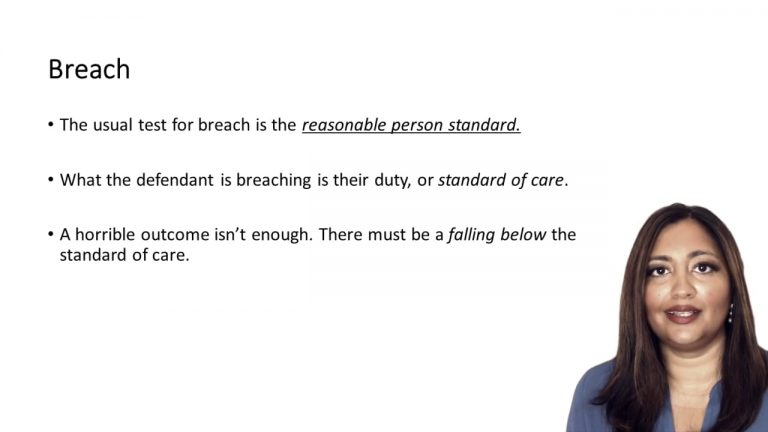SmartBrief
Confirm favorite deletion?
Business Associations Keyed to Bainbridge
Foremost-McKesson, Inc. v. Provident Securities Company
Citation:
423 U.S. 232 (1976)Facts
Respondent, Provident Securities, Co., was a personal holding company. In 1968 Provident decided to liquidate and dissolve, and it engaged an agent to find a purchaser for its assets. Petitioner, Foremost-McKesseon, Inc., emerged as a potential purchaser. They executed a purchase agreement, providing that Foremost would buy two-thirds of Provident’s assets for $4.25 million in cash and $49.75 million in Foremost convertible subordinated debentures. The agreement further provided that Foremost would register under the Securities Act $25 million in principal amount of the debentures. Provident’s holdings in Foremost debentures were large enough to make it a beneficial owner of Foremost. Having acquired and disposed of these securities within six months, Provident faced the prospect of a suit by Foremost to recover any profits realized on the sale of the debenture to the underwriters. Provident then sued for a declaration that it was not liable to Foremost.
Only StudyBuddy Pro offers the complete Case Brief Anatomy*
Access the most important case brief elements for optimal case understanding.
*Case Brief Anatomy includes: Brief Prologue, Complete Case Brief, Brief Epilogue
- The Brief Prologue provides necessary case brief introductory information and includes:
Topic:
Identifies the topic of law and where this case fits within your course outline.Parties:
Identifies the cast of characters involved in the case.Procedural Posture & History:
Shares the case history with how lower courts have ruled on the matter.Case Key Terms, Acts, Doctrines, etc.:
A case specific Legal Term Dictionary.Case Doctrines, Acts, Statutes, Amendments and Treatises:
Identifies and Defines Legal Authority used in this case.
- The Case Brief is the complete case summarized and authored in the traditional Law School I.R.A.C. format. The Pro case brief includes:
Brief Facts:
A Synopsis of the Facts of the case.Rule of Law:
Identifies the Legal Principle the Court used in deciding the case.Facts:
What are the factual circumstances that gave rise to the civil or criminal case? What is the relationship of the Parties that are involved in the case.Issue(s):
Lists the Questions of Law that are raised by the Facts of the case.Holding:
Shares the Court's answer to the legal questions raised in the issue.Concurring / Dissenting Opinions:
Includes valuable concurring or dissenting opinions and their key points.Reasoning and Analysis:
Identifies the chain of argument(s) which led the judges to rule as they did.
- The Brief Prologue closes the case brief with important forward-looking discussion and includes:
Policy:
Identifies the Policy if any that has been established by the case.Court Direction:
Shares where the Court went from here for this case.
Topic Resources
Topic Outline
Topic Refresher Course
Topic Charts & Notes

 11m 27s
11m 27s